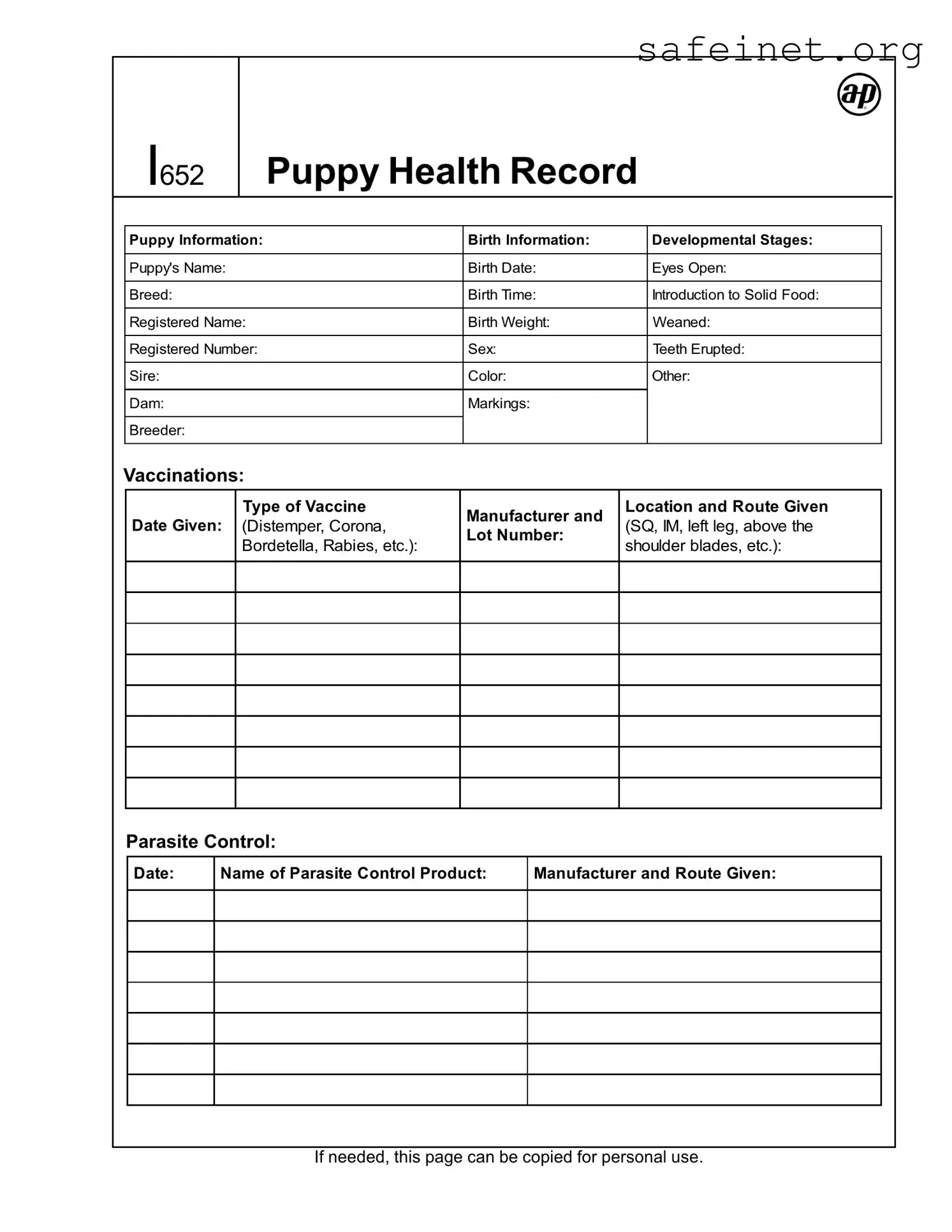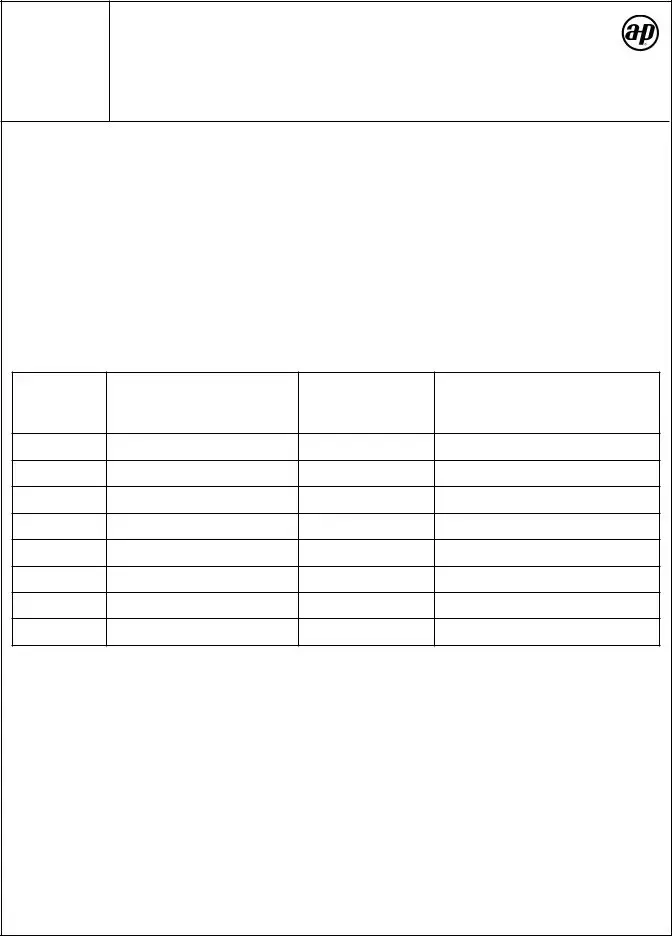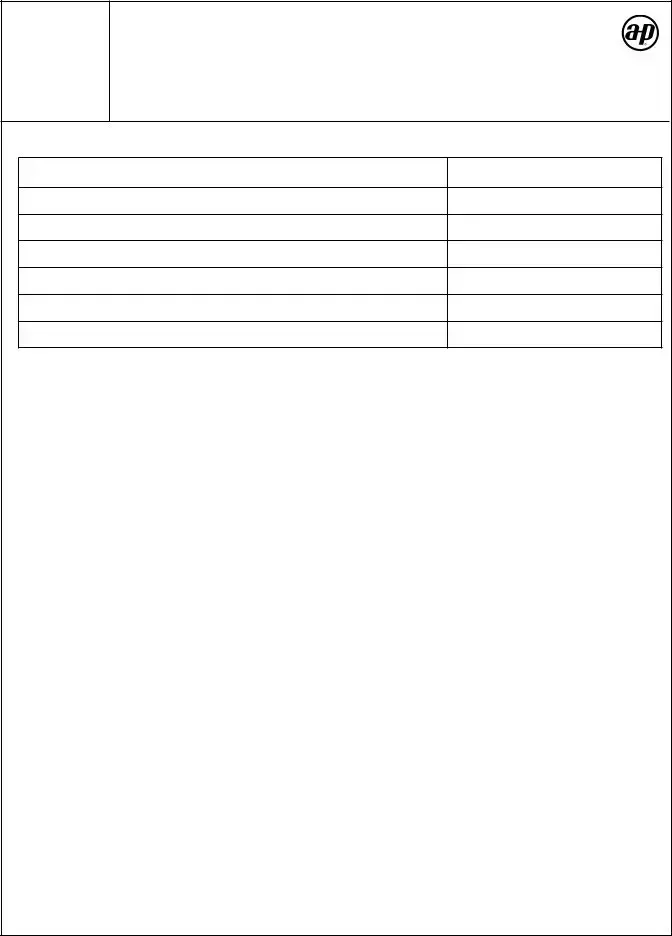What is the purpose of a Puppy Health Record form?
The Puppy Health Record form serves as a vital document that tracks a puppy's health and developmental milestones. This form records essential information such as vaccinations, birth details, and health check-ups. Having a well-maintained record ensures that the puppy receives the proper care throughout its early life and aids veterinarians and pet owners in monitoring the puppy's growth and well-being.
What information should I fill out for my puppy?
When completing the Puppy Health Record form, several crucial details are necessary. You will need to provide the puppy's name, birth date, breed, weight at birth, and sex. Additionally, information about the puppy's parents—the sire and dam—should be included. Tracking the puppy's developmental stages, such as when they first opened their eyes or began eating solid food, is also vital for understanding their growth history.
How often should vaccinations be administered?
Vaccinations are a critical part of a puppy's health regimen. Ideally, each vaccination should be given at intervals of three weeks to ensure the puppy's immune system responds effectively. This schedule helps safeguard your puppy from a range of serious illnesses early in life. Consult with your veterinarian to create a personalized vaccination schedule based on the puppy's needs.
What is included in parasite control for puppies?
Parasite control is essential for keeping your puppy healthy. This includes both external parasites like fleas and ticks and internal parasites such as worms. The Puppy Health Record form provides space to note the specific parasite control products used, along with the dates they were administered. It's best to discuss options with your veterinarian as they can recommend the most effective products for your puppy's specific situation.
Why is it important to document examinations and procedures?
Keeping a record of examinations and procedures performed by either the owner or a veterinarian is crucial. This documentation helps track the puppy's health over time, noting any findings or comments from veterinary visits. It can also assist in making informed decisions about your puppy's health care and address any emerging issues promptly.
What are the key milestones to track in a puppy's early life?
Tracking key milestones in a puppy's early life can be immensely beneficial. Some events to monitor include the introduction of solid food, various vaccination dates, spaying or neutering, and overall physical development, such as when they start to wean from their mother. These milestones serve as a guideline and help ensure that the puppy is developing properly.
Can I make copies of the Puppy Health Record form?
Yes, the Puppy Health Record form is designed to be user-friendly. If additional space is needed to document your puppy’s information or past events, feel free to make copies. Maintaining multiple records can help keep track of your puppy's health journey and provide valuable details for any future veterinary consultations.


